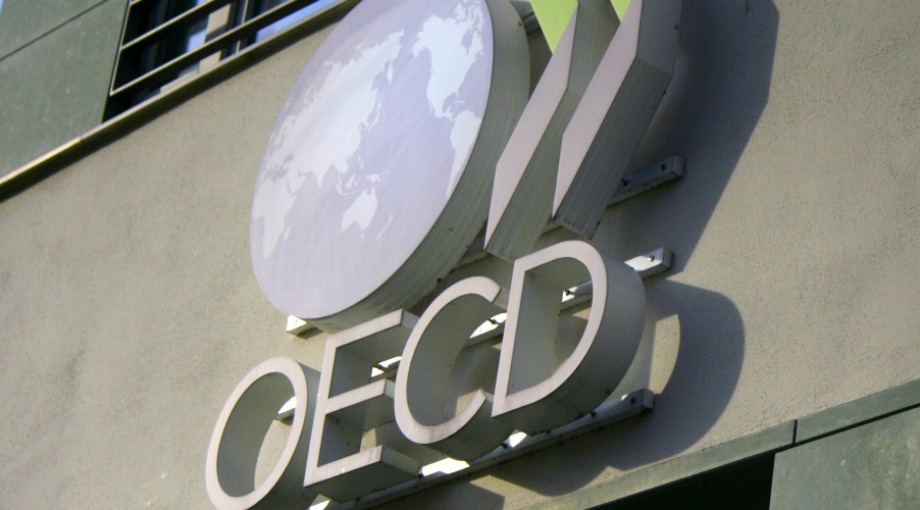Tax officials from 28 nations met in Paris on Wednesday to develop a strategy for collaborative action based on Panama Papers revelations.
The group is expected to hear proposals for one of the largest joint tax investigations in history, after ICIJ, German newspaper Süddeutsche Zeitung and more than 100 other news organizations exposed evidence of tax evasion and other criminal behavior found in the 11.5 million files that make up the Panama Papers.
The Organization for Economic Cooperation and Development’s Joint International Tax Shelter Information and Collaboration network’s chairman, Australian Tax Commissioner Chris Jordan called the special meeting of tax officials on Friday, less than a week after the investigations findings reverberated around the globe – resulting in the resignation of Iceland’s prime minister, a news blackout in China and a struggle by British Prime Minister David Cameron to deal with the fallout from revelations about an offshore investment firm owned by his father.
A spokeswoman for Ireland’s tax authority said revenue officials will “explore possibilities of cooperation and information-sharing, identify tax compliance risks and agree on collaborative action, in light of the Panama Papers revelations.”
In the meantime, ICIJ partners around the world were peppered with requests for data linked to their countries. For instance, Margarita Garcia-Valdecasas Salgada, who heads the Spanish tax agency’s tax fraud investigation office, wrote to ICIJ: “I would kindly ask you to share with us the information concerning Spanish individuals and entities that might help us to tackle tax evasion and tax fraud in Spain.”
In some countries tax authorities conceded they were unlikely to get it and didn’t ask. In other countries, requests ranged from informal to formal to — in at least two countries — threats of legal action. In Iceland, tax authorities publicly stated they had the option of going to court to request police involvement to obtain the data.
Partners in countries including Austria, Ireland, Latvia, Belgium, Iceland, Canada, Indonesia, Bulgaria, Poland, India, the United Kingdom and others were asked about access to data.
“The policy of ICIJ, and our parent organization, the Center for Public Integrity, is not to turn over such material,” said ICIJ Director Gerard Ryle.
“The ICIJ is not an arm of law enforcement and is not an agent of the government. We are an independent reporting organization, served by and serving our members, the global investigative journalism community and the public.”
Read more about the impact from ICIJ’s investigations, and find out how you can support ICIJ’s work
Find out first! Receive ICIJ’s investigations by email
